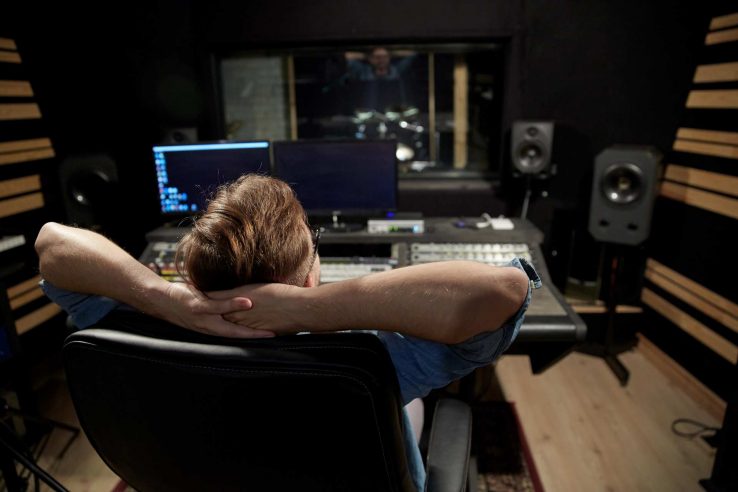What is a ghost producer

A ghost producer produces tracks for other artists, without being mentioned on the credits. They usually waive all copyright to the buyer, who pays the ghost producer a flat fee and is entitled to all royalties from further use of the track.
Ghost producers can also be co-creators of a track, or just do one part of the job, such as sound design or engineering. In this case a written agreement is made between producer and buyer, detailing the terms of the deal in relation to copyright, publishing and associated rights. The ghost producer sends over some demos and the buyer decides which ones to put their name to. A ‘regular’ producer commonly works on a track with the artist/producer in a collaborative fashion, often working on a specific element of the production like basslines, beats or vocals. They would usually be credited as co-producer. Ghost producers, on the other hand, get no credit at all.
Ghost production in the music industry might be more common than you think. And it’s legally sound, although it’s important to choose your ghost producer carefully and make sure your agreement is elaborated clearly in a contract with detailed terms and conditions.